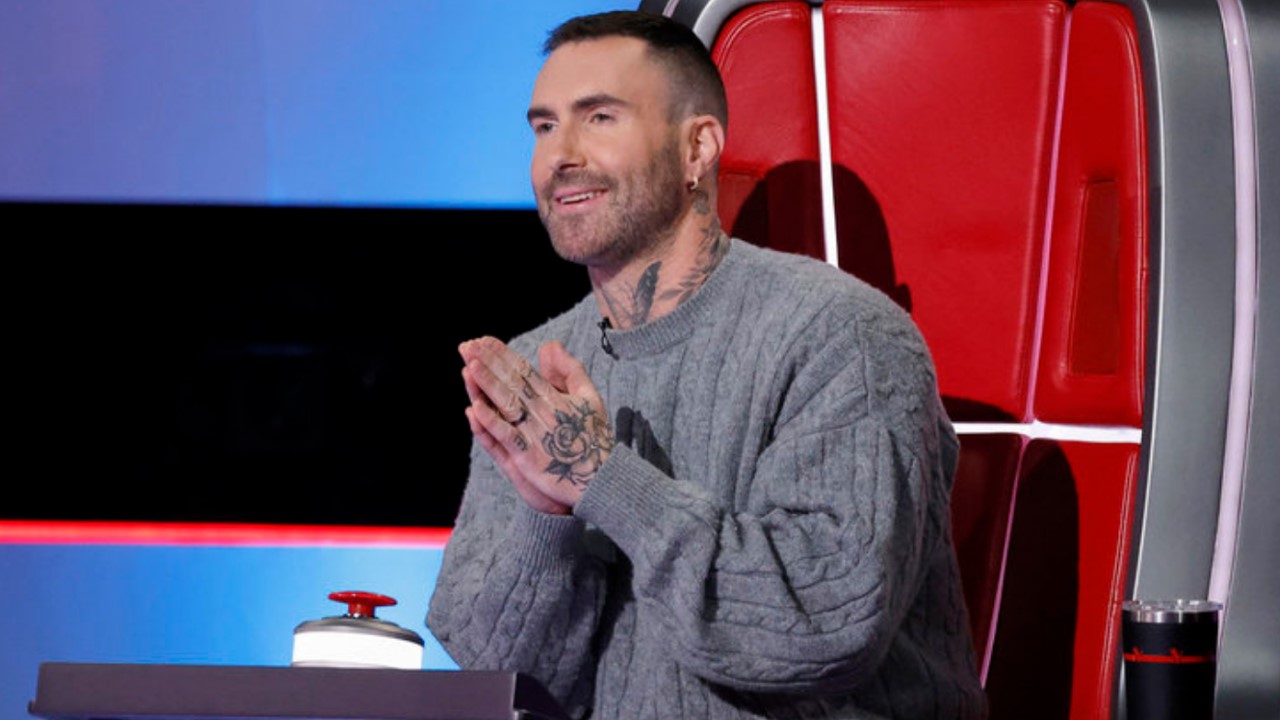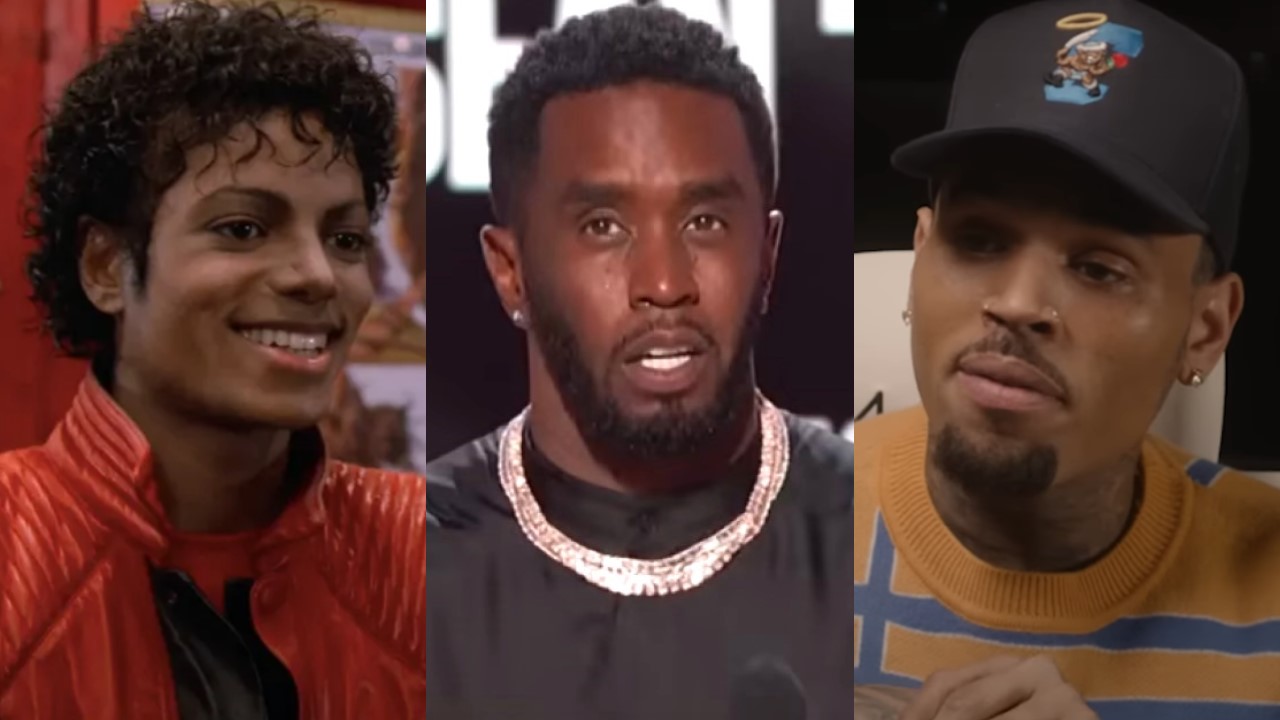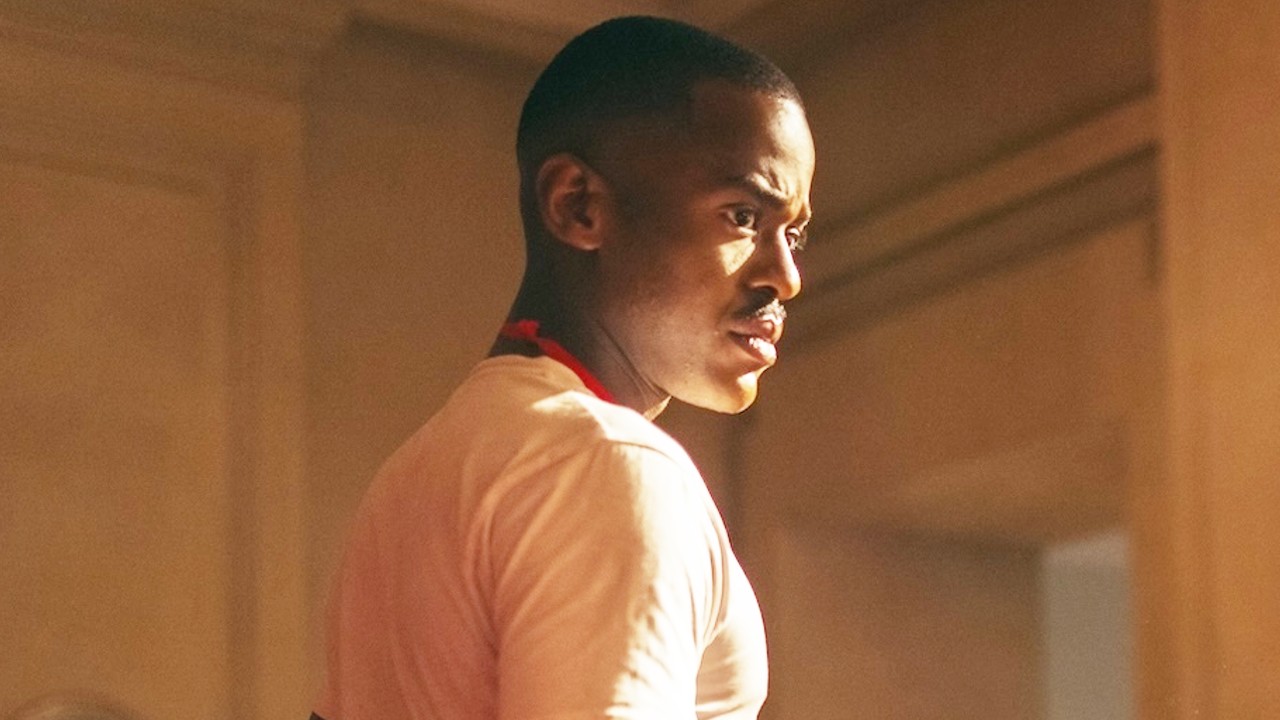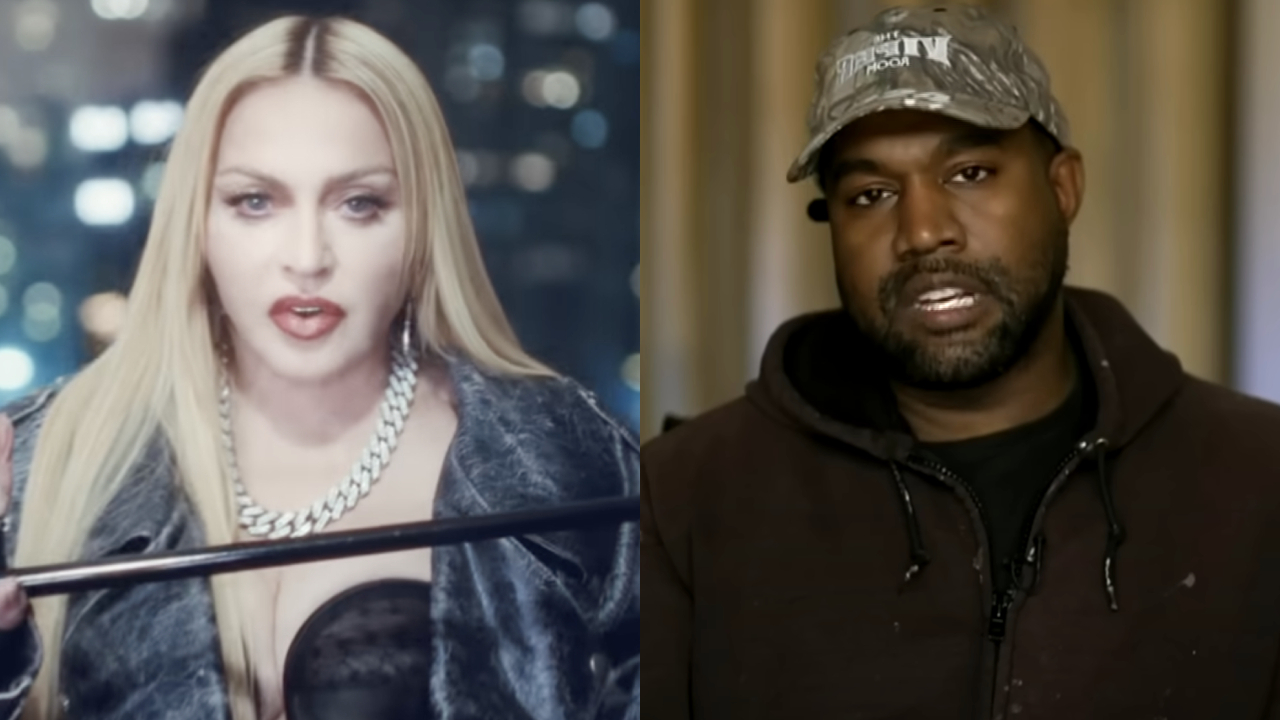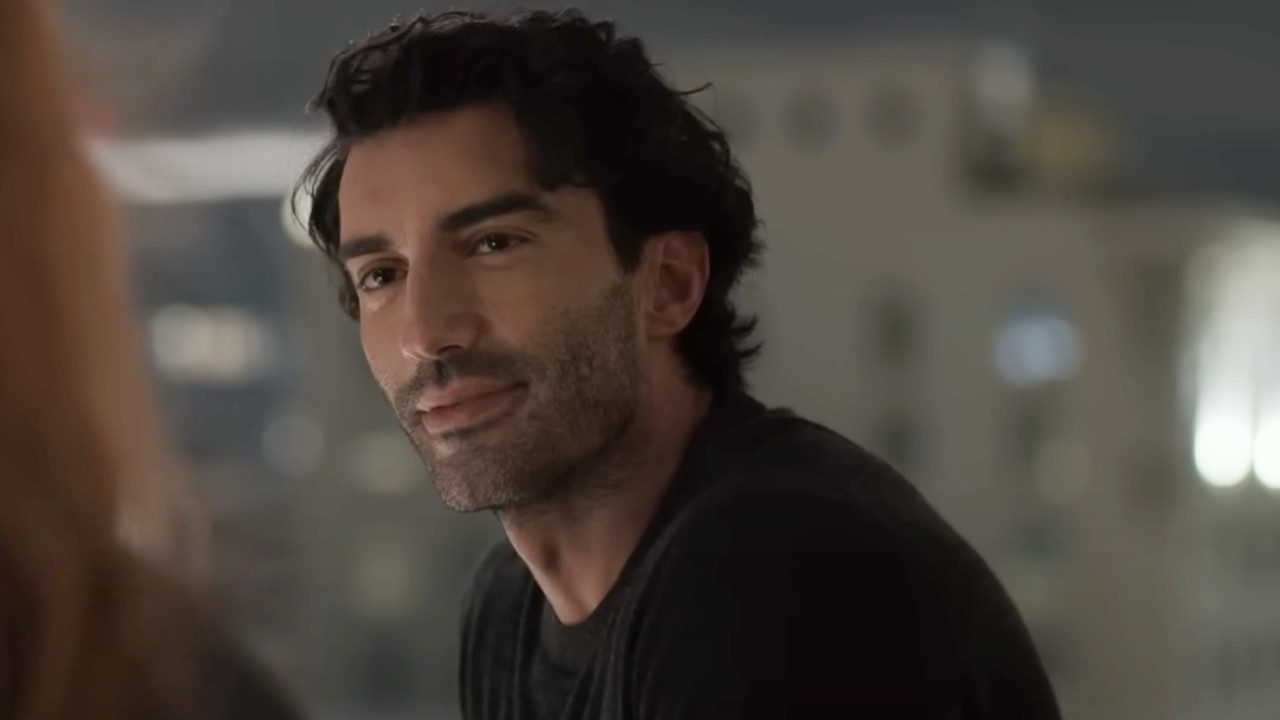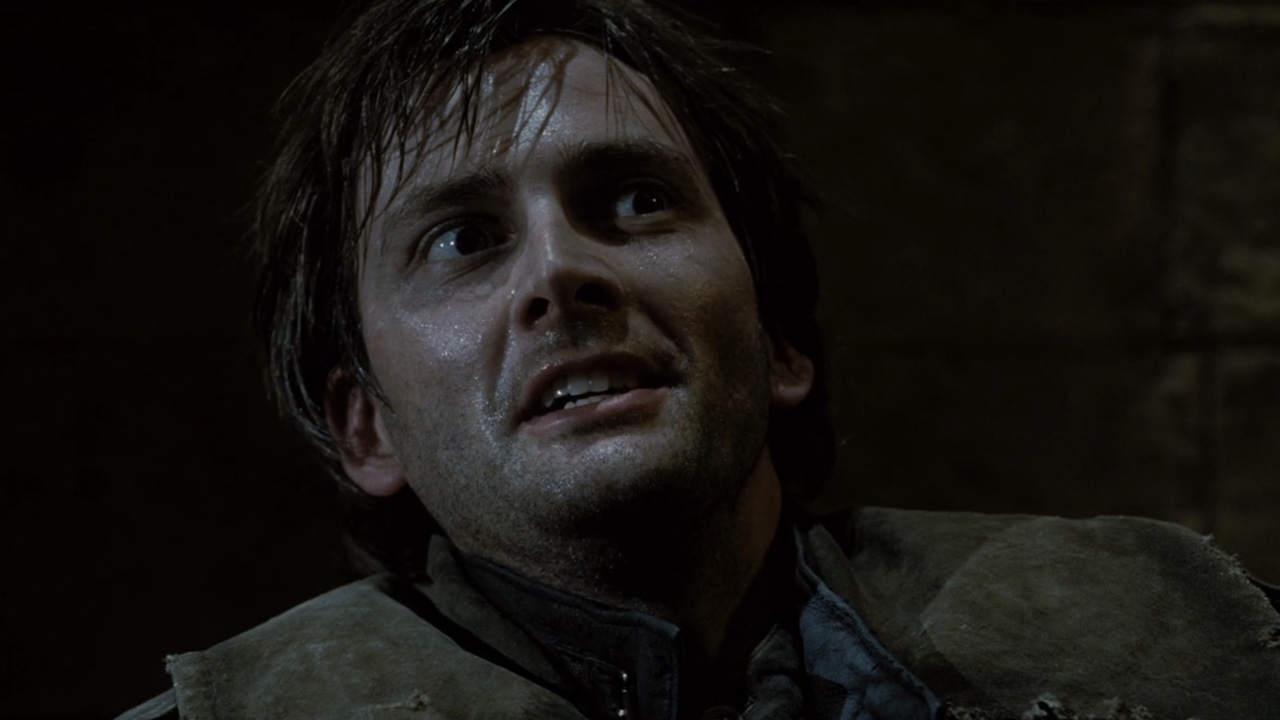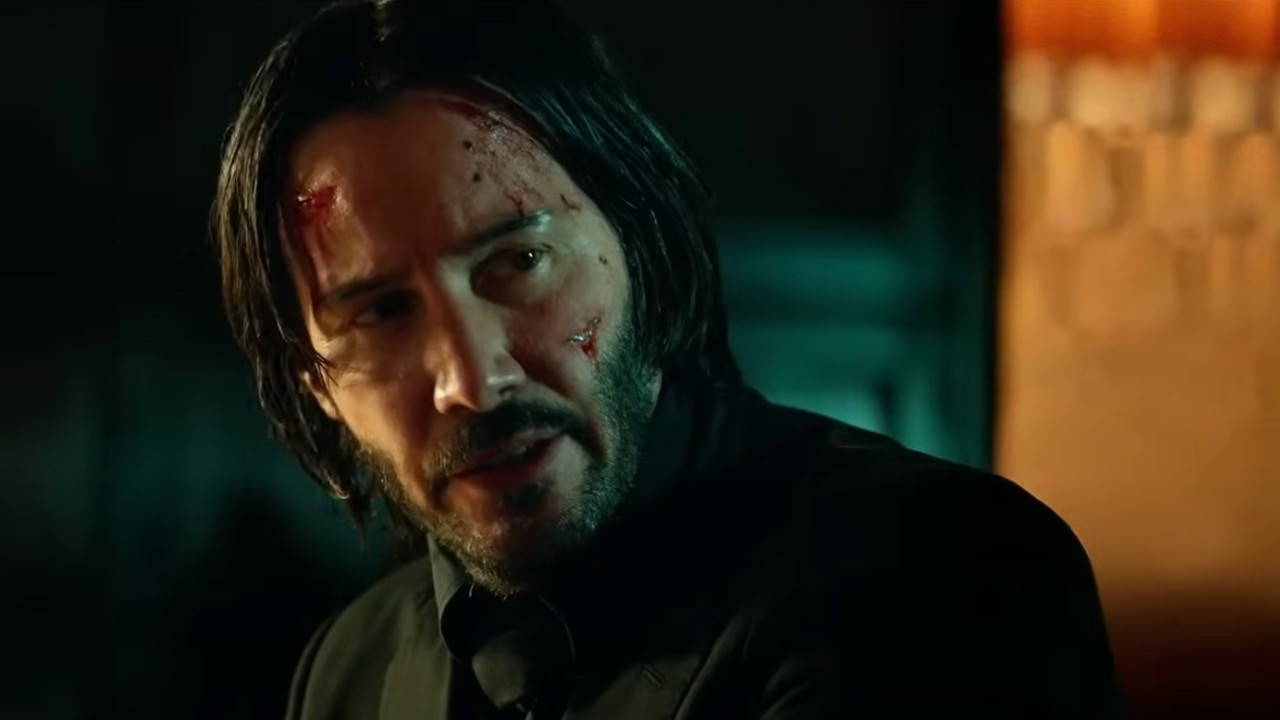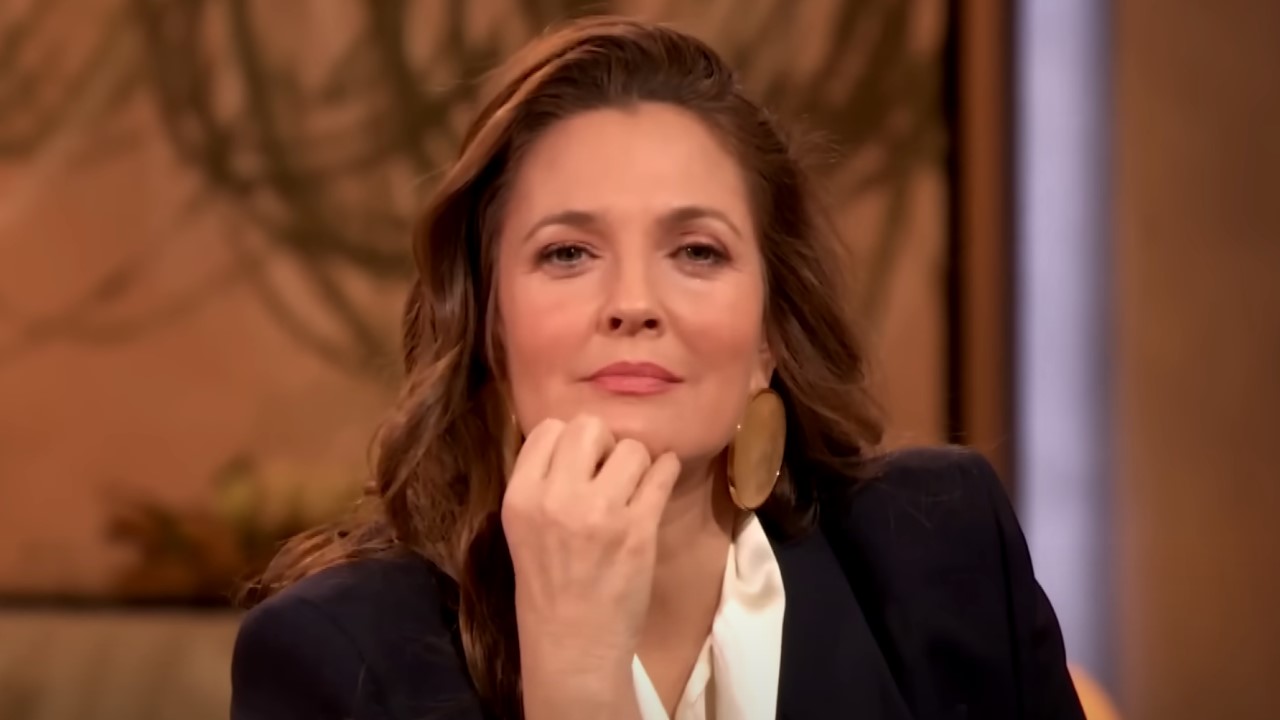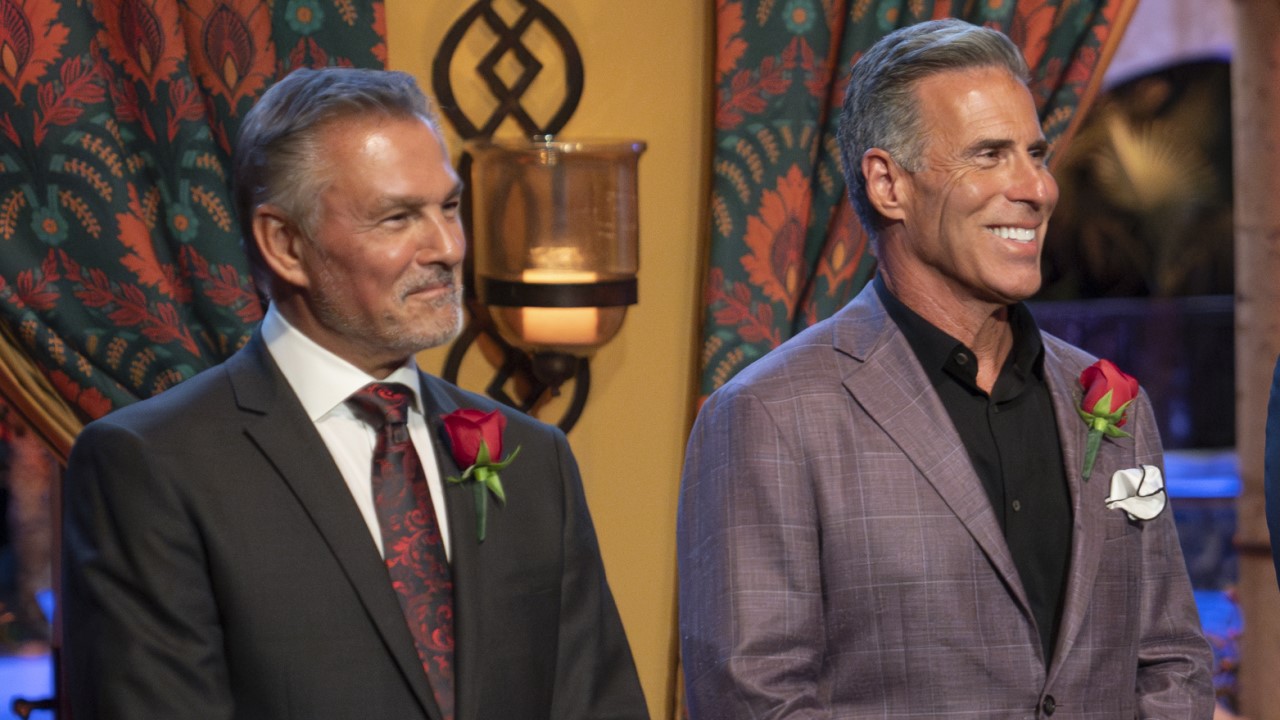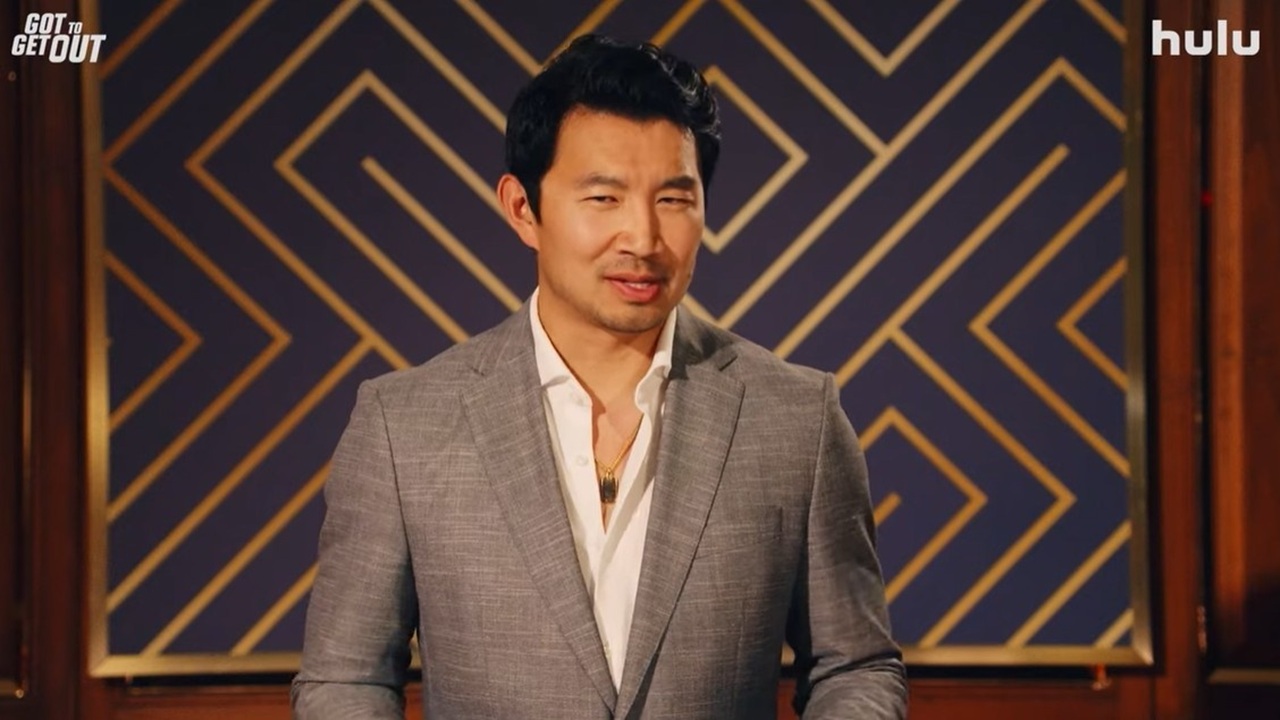Godzilla Ending: What Happened After The Battle, And What's Next
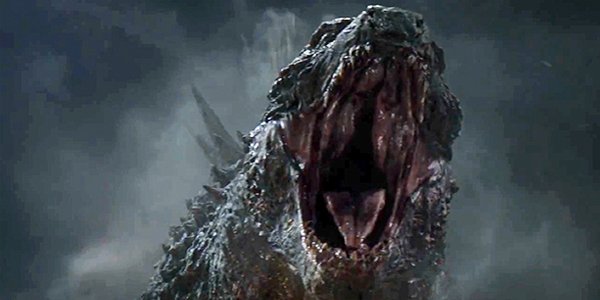
Gareth Edwards’ name currently is associated with Star Wars, and once he delivers on his standalone spinoff movie -- Rogue One -- in 2016, it’s likely his moniker will be linked to that galaxy far, far away for the immediate future. But before he climbed aboard an X-Wing fighter and jetted off to George Lucas’ universe, Edwards dabbled in monster movies – specifically the indie hit Monsters (in 2010) and the mega-smash Godzilla reboot in 2014. It was his large-scale but character-driven work on the summer-movie extravaganza that likely earned him a gig on Team Star Wars. But his ending to Godzilla ensured that he’d be back with the King of Monsters… some day.
Now that Godzilla is making its way to HBO, we want to break down what happened at the end of the movie, and discuss what the events might mean for the future of this healthy-again franchise. Let’s look deep into Godzilla’s ending – as well as the monster's inevitable big-screen future.
Spoiler alert - this article contains details about the end of Godzilla. If you haven't seen it yet, it's available to rent, and will be premiering on HBO this weekend.
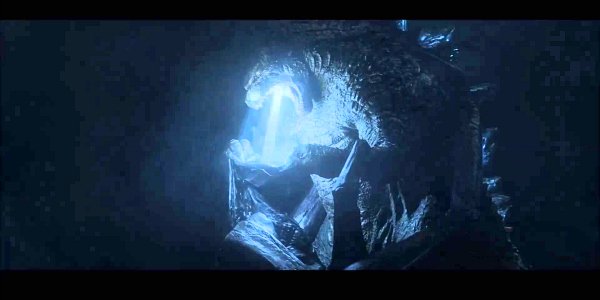
What Happened At The End
Gareth Edwards’ Godzilla concludes in the rubble of what is left of San Francisco. The city by the bay has been decimated by a lengthy battle between a reawakened Godzilla and two MUTO (Massive Unidentified Terrestrial Organism) – insect-like creatures with flat-smooth heads and spider-esque legs that were contained in a secret research facility but had been set free. Godzilla essentially had saved Ford (Aaron Taylor-Johnson), our human hero who was on a boat, attempting to take a warhead out to sea and away from the populated city. Godzilla breathes his icy-hot fire down the remaining MUTO’s throat (see above). But as Ford collapses on the deck of the boat, he sees Godzilla collapsing in the ruins of San Francisco. We assume that he has died, succumbing to the war wounds absorbed in the massive battle.
The following morning, however, as San Francisco wakes up to recovery, Dr. Ishiro Seizawa (Ken "Let Them Fight" Watanabe) is staring longingly at the mythic creature he has been tracking his entire life. Like us, Seizawa assumes Godzilla has died. Only, the beast suddenly wakes up. He stumbles to his feet, and lets out a triumphant roar. As the creature lumbers toward the ocean, survivors in a nearby stadium look up at monitors, where a news feed posts the crawl, "King of the Monsters – Savior of Our City?" Which poses an interesting question, post-Man of Steel. Superman (Henry Cavill) is taking a ton of heat for the destruction he levied on Metropolis in stopping the rampage of General Zod (Michael Shannon). And he’ll continue to take heat as Batman v Superman: Dawn of Justice rolls along. Or so the trailer suggests. Why, then, does Godzilla get a pass for decimating San Francisco?
Anyway, Alexandre Desplat’s Godzilla score turns triumphant as Godzilla returns to the Pacific Ocean. The camera pans the waters as the creature’s back-scales skim along until, finally, he disappears beneath the surface of the ocean and – presumably – swims back to his lair, waiting for the next threat to emerge.
CINEMABLEND NEWSLETTER
Your Daily Blend of Entertainment News
Watch the whole thing unfold below:
Was there a reason Gareth Edwards spared his creature’s life? Let’s analyze the conclusion on our next page.
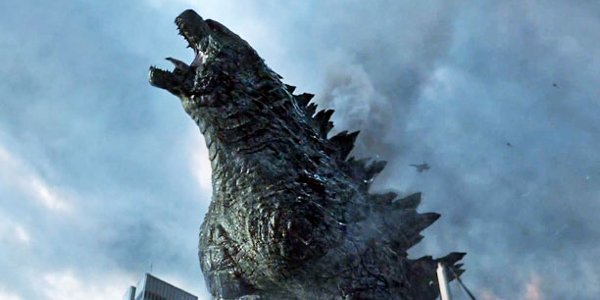
Why Godzilla Survives: The Ending, Explained
The 2014 Godzilla, obviously, is simply the latest chapter in a monster-movie saga that has been around for decades. But just because Gareth Edwards had access to modern filmmaking tools, there was no guarantee this film would succeed. The shadow cast by Roland Emmerich’s campy 1998 Godzilla loomed large, and many outside of Legendary and Warner Bros. wondered if Edwards had what it took to bring Godzilla back to life.
That’s not to say, however, that this wasn’t looked at as the start of a potential franchise, and there are too many references sprinkled throughout Godzilla hinting at the fact that this hero has been around for decades, and he likely wasn’t going anywhere any time soon. The redacted notes in the opening credits talk about the history of Godzilla, as do the monologues by Ken Watanabe’s character… tracing Godzilla’s origin back to the atomic age of the 1950s (and much farther back than that). But it’s Dr. Seizawa’s theory about Godzilla’s role as a bringer of balance to nature that most deeply suggests that this reptilian beast would be needed again – eventually – when a new threat emerged to place our planet in peril. The motif of Godzilla reminds me a lot of Nick Fury’s speech at the end of the first Avengers movie. To paraphrase, Godzilla will be back because we’ll need him to come back… and that’s why Edwards let him survive the MUTO attack in San Francisco.
As much as I researched, though, I could not find any indication of any alternate endings or deleted scenes for the 2014 Godzilla… nothing that suggested Gareth Edwards and screenwriter Max Borenstein contemplated killing the beast off. Creatively, it made sense to keep him alive. As Seizawa lectures, Godzilla is a force who needs to be around for when there is danger. But there are financial reasons for resuscitating the monster, as well. There needs to be sequels!
What's Next?
Shortly after Godzilla opened to a whopping $93 million, Legendary Pictures revealed plans for both Godzilla 2 and Godzilla 3, with Edwards attached to both. The director even told MTV that Mothra (hinted at in this movie) and Rodan are on the table for part two. Granted, since then, Edwards has shifted over to Star Wars, the studio has said that they are very happy to wait for him. In fact, on the Avengers press tour, Aaron Taylor-Johnson made it clear that Gareth was the main reason Godzilla worked, so waiting for him to become available for the sequel makes all the sense in the world.
With the possibility of a franchise in play, killing Godzilla at the end of Godzilla would make zero sense. Which is why the beast gets up off the proverbial mat in the closing minutes of this movie, and swims back to his lair to heal. He’ll live to fight another day. Because of Star Wars: Rogue One, however, that "day" probably won’t come as quickly as fans had hoped.
This poll is no longer available.

Sean O’Connell is a journalist and CinemaBlend’s Managing Editor. Having been with the site since 2011, Sean interviewed myriad directors, actors and producers, and created ReelBlend, which he proudly cohosts with Jake Hamilton and Kevin McCarthy. And he's the author of RELEASE THE SNYDER CUT, the Spider-Man history book WITH GREAT POWER, and an upcoming book about Bruce Willis.
